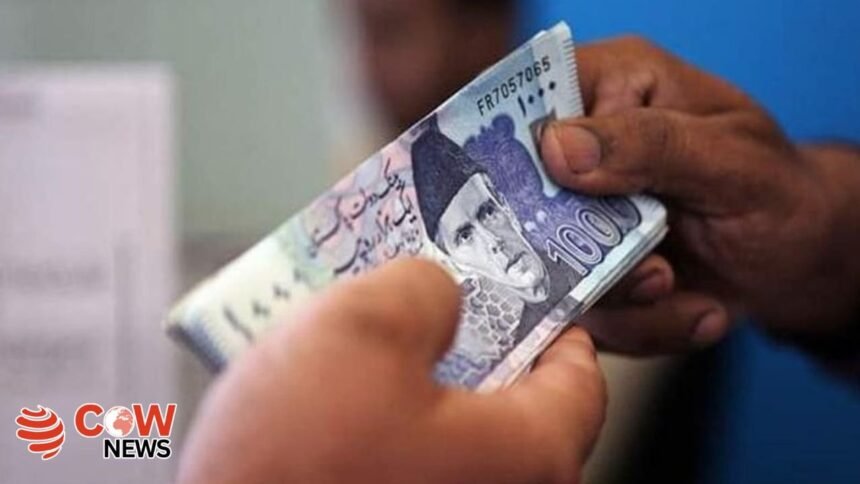According to media reports, the President will address the joint session of Parliament on March 10 at the start of the new parliamentary year, where he will make key announcements on behalf of the government. These commitments will be reflected in the government’s second annual budget.
It is evident that the government has failed to collect taxes from businesses, often placing the burden on salaried individuals to meet revenue targets. The current government also increased taxes on the salaried class. However, it has now decided to provide significant relief to salaried and low-income groups.
Earlier, Federal Minister for Finance and Revenue, Senator Muhammad Aurangzeb, admitted on February 20 while addressing the Pakistan Retail Business Council that the tax burden on manufacturing, services, and the salaried class is disproportionate. He emphasized that the agriculture, real estate, and retail sectors must also play their role in tax contributions.
On February 23, while speaking to the media in Lahore, the Federal Finance Minister also hinted at reducing the burden on the salaried class, stating that it would be considered in the next fiscal budget. He mentioned that meetings with business representatives had already begun ahead of the budget and that reforms in the FBR were underway. He acknowledged the heavy tax burden on salaried individuals and assured that efforts would be made to reduce it in the upcoming budget.
It is worth noting that the salaried class in Pakistan contributed ₹285 billion in taxes last year. Estimates now suggest that collections from salaried individuals could reach ₹577 billion by June. In the first seven months of the current fiscal year, the government has already collected ₹285 billion from them, which is ₹100 billion more than the same period last year.







